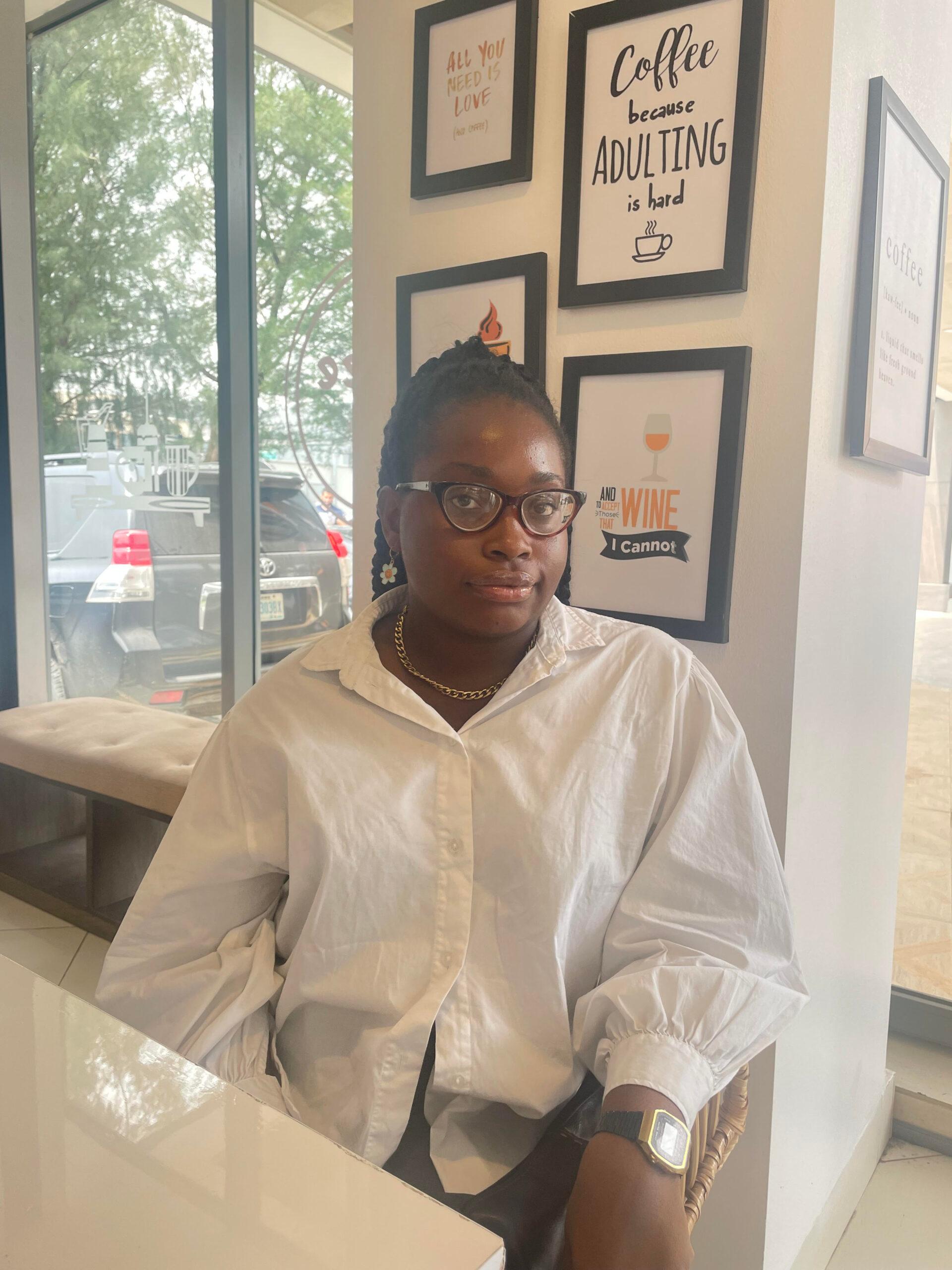What Women Should Know About Emergency Funds In An Unpredictable Economy

An emergency fund is an intended cash reserve set aside to cover any kind of unexpected financial expenses. It provides one with a financial safety net in order not to get into debt and disrupt your regular savings or investments when these emergencies arise.
This article will explore the ins and outs of an emergency fund and the best way to set one up.
Why Build An Emergency Fund
As a woman, the reasons for building an emergency fund oscillate from practical reasons to societal woes.
Joanna Amberger, the financial advisor of the 3 Financial Group, highlights several important reasons in her LinkedIn article. One major concern is health issues and medical emergencies. These situations are often unforeseen and can lead to significant financial burdens.
Another critical factor she points out is income disruptions. Events such as job loss or a sudden reduction in income can be deeply destabilizing.
Elena Sarah, a financial writer, sheds light on the more societal reasons in her blog.
“Women earning less than men continue to face challenges, even as efforts to close the wage gap make gradual progress,” she wrote. “This disparity remains prevalent across many industries, and without a substantial emergency fund, it can be even more difficult for women to navigate unexpected financial setbacks.”
Building an emergency fund is also a key step toward financial independence. It empowers women to make choices based on their personal goals and values rather than out of financial desperation.

Before Building An Emergency Fund
Make It A Priority: With so many financial pulls, it might be challenging to consistently save towards an emergency fund. Joanna Amberger, in her LinkedIn article, suggests treating it as a non-negotiable is the only way to do it.
Balancing With Debt: Create a budget plan that prioritizes short-term and long-term financial goals. Joanna Amberger, in her LinkedIn article, suggests focusing on high-interest debt first and gradually paying it down. Then ensure to make consistent payments and avoid additional debt.
How To Build An Emergency Fund
Multiple steps go towards building a successful emergency fund.
There are a lot of varied opinions on how much to save, but Tori Dunlap, financial expert and founder of Her First $100k, puts it best in her blog post. Rather than building $1000 emergency fund, she suggests in an article building a three-month emergency fund that could cover your non-negotiable expenses.
Your goal is to have between three to six months of living expenses saved in case you face a catastrophic event, such as a job loss.
When choosing a separate bank account to save, Siddhi Sharma, a money coach, suggests, in a financial post, saving in a savings account with high interest rates or a liquid mutual fund account that you can withdraw from instantly.
Additionally, Joanna Amberger suggests setting up automatic monthly transfers from your checking account to your emergency fund account in her article. This ensures the fund without thinking about it.
Lastly, Elena Sarah, a financial writer in her personal blog, suggests cutting down on non-essential expenses like buying food or impulse purchases and directing unexpected money, like a bonus, tax refund, or a gift, into the emergency fund.

After Building Your Emergency Fund
After building a fund, there are steps to take to maintain and potentially increase the fund.
Joanna Amberger, the financial advisor of the 3 Financial Group, in her LinkedIn article, advises adjusting your emergency fund savings goal if you experience a significant change in income or in response to a potential unexpected expense like taking care of the health of an elderly parent.
Another thing to look out for is areas where you may be overspending and look for creative ways to reduce expenses. Tori Dunlap said in her blog post to set clear financial boundaries by telling the people in your life that you are getting more intentional about your spending.
Siddhi Sharma, a money coach, suggests organizing your information in an easily reachable document in this article. “When urgent situations arise, finding documents can save you time, money, and headaches, she says. “Set up a special folder for bank account numbers, branch codes, backups of your online banking logins, important phone numbers, and who gets your money if something happens to you.”
Lastly, Joanna Amberger, in her article, suggests seeking professional advice if you’re struggling to build or maintain your emergency fund. A financial advisor can help you assess your financial situation, set realistic savings goals, and create a plan for achieving those goals.






